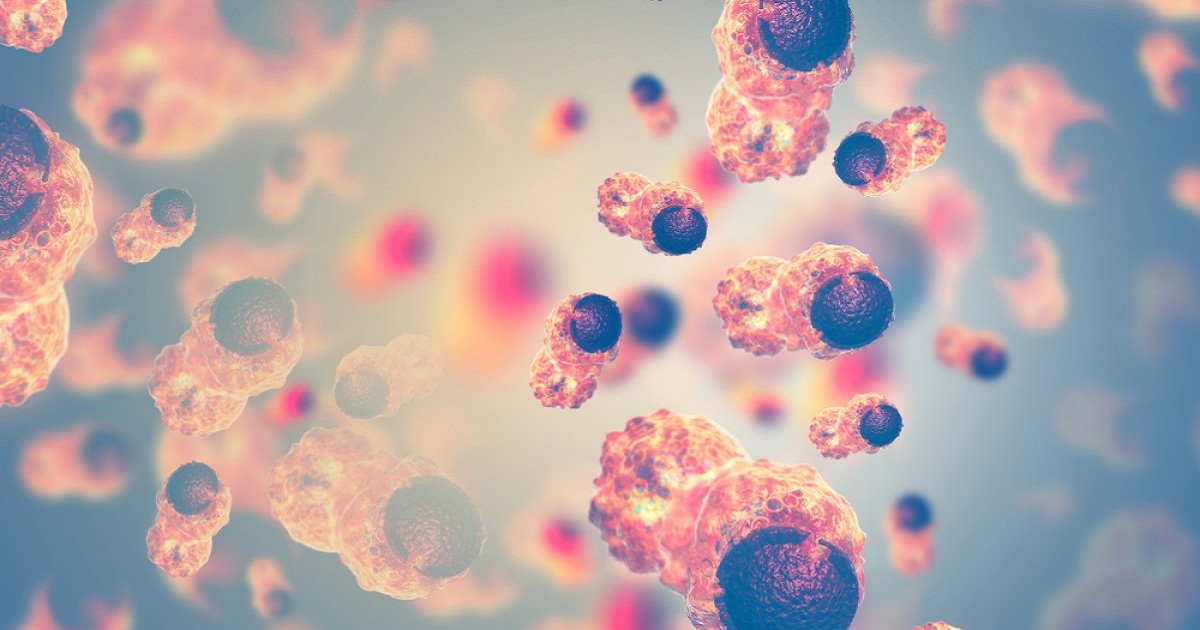Neoleukin Therapeutics Hopes to Improve on Nature's Approach to Battling Cancer
Biospace.com | January 11, 2019

One of the key immune regulatory proteins is interleukin 2 (IL-2). It has used in treating cancer and autoimmune disease but has toxic side effects that limit its use. Researchers at the University of Washington Medicine’s Institute for Protein Design recently created a protein that mimics the action of IL-2, but is more stable and has fewer side effects. Seattle-based Neoleukin Therapeutics spun out of the research with the help of CoMotion, a collaborative innovation hub. The team’s research was published in the journal Nature, along with Nature News & Views commentary.
In her commentary, E. Yvonne Jones, from the University of Oxford in the UK, writes, “The standard engineering approach is to start with the natural protein and find a combination of mutations that result in a variant protein with the desired binding properties. But this approach has foundered when applied to IL-2. This is partly because the unmutated protein is not very stable, and, as Silva et al. demonstrate, the mutated proteins are typically even less stable, which is problematic for the manufacture and storage of a therapeutic agent. In addition, the mutated cytokines have reduced potency and exhibit residual binding to CD25.”